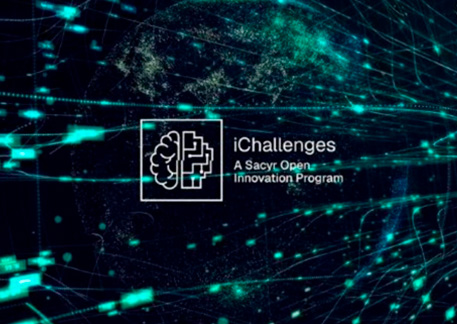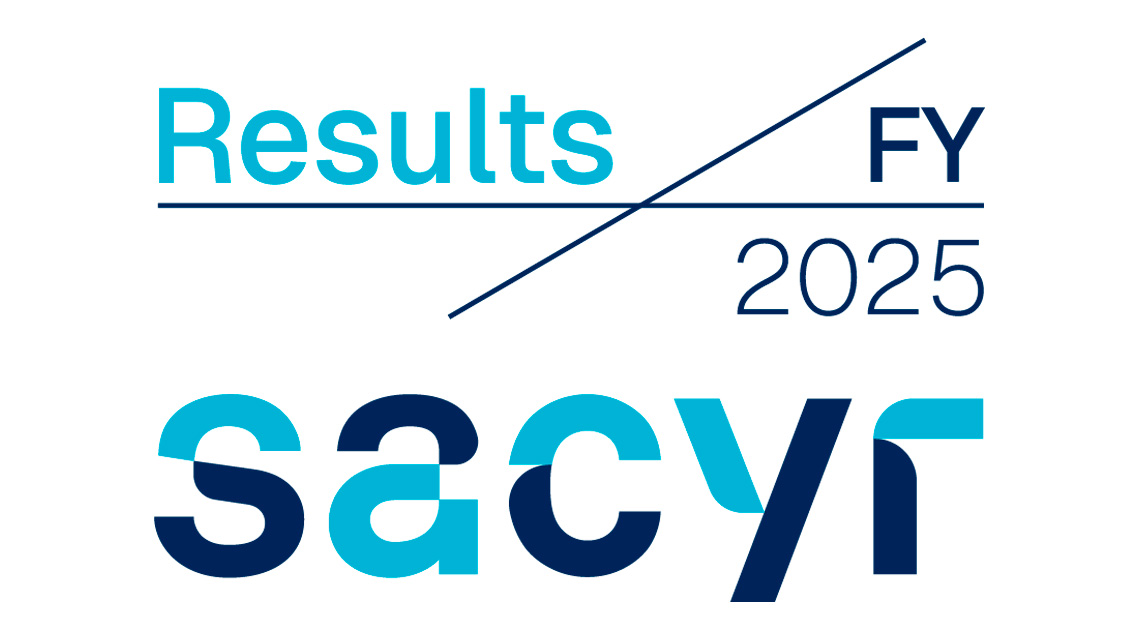We announced today the launch of the 8th edition of Sacyr iChallenges, our open innovation program designed to connect us with startups, scale-ups, technology centers, suppliers, and innovative organizations worldwide to co-create solutions for pressing business challenges.
This new edition features a more agile model, designed to tackle individual challenges one by one. This streamlined approach enables faster decision-making, strengthens collaboration with business units, and smooths the integration of solutions into Sacyr's projects.
The first challenge, detailed at www.sacyrichallenges.com, aims to pinpoint ready-to-implement technologies capable of enhancing road efficiency and safety through automation and robotics.
“Sacyr iChallenges is a key pillar of our innovation strategy. It's a vibrant, dynamic program that brings together innovation, technology, and global ecosystem collaboration to build more sustainable, resilient, and efficient infrastructure, ultimately creating a positive impact on the communities where we operate,” states Patricia Martínez, Sacyr's Chief Sustainability, Environment, and Innovation Officer.
How the 2026 edition will unfold
Following seven successful editions, with over 1,700 proposals evaluated and numerous pilot projects launched alongside innovators globally, Sacyr iChallenges is now entering a new phase.
Until April 17, innovators worldwide are invited to submit proposals pertaining to the current challenge. Upon closure of the submission period, Sacyr will assess solutions designed to bolster road infrastructure safety and efficiency using automation and robotics technologies.
In May, shortlisted initiatives will engage in one-on-one sessions with company teams to explore their proposals in depth and assess their potential application in real-world operating environments. The process will conclude with the final selection of the most promising solutions.
Objectives of the challenge
Through this challenge, we aim to find partners providing solutions utilizing sensors, robotics, drones, and intelligent equipment applicable to the design, operation, and maintenance of roads, bridges, and tunnels, as well as for incident detection and management. Additionally, we seek to enhance infrastructure safety, optimize road management, bolster sustainability, and boost responsiveness.
Who can participate
Sacyr extends an invitation to startups, scale-ups, established companies, technology leaders, research centers, suppliers, and organizations across its global value chain to submit proposals. Selected participants will collaborate closely with Sacyr's technical and business teams, with the ultimate goal of developing pilot projects in real-world operating environments and forging long-term alliances focused on sustainability and positive impact.


